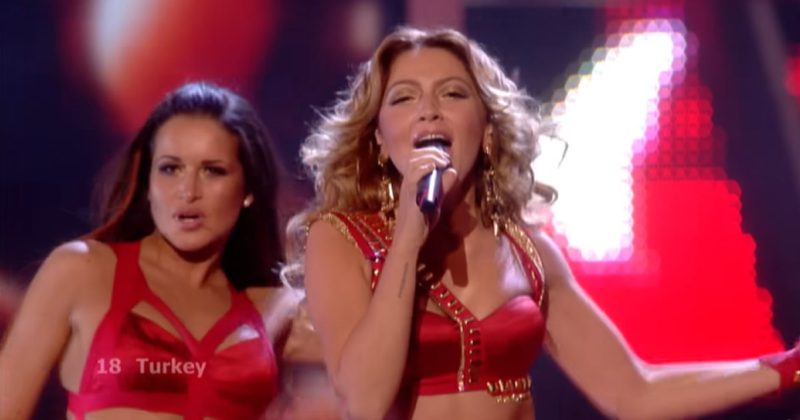
Eurovision 2025’s “#Eurodab” by Käärijä and Baby Lasagna became the most-watched interval act ever, overtaking the 2019 “Switch Song” performance.
A new record has been set at Eurovision: “#Eurodab”, the joint hit from Käärijä and Baby Lasagna, featured during the interval act of Eurovision 2025, officially became the most-watched interval act of all time, surpassing “Switch Song” from Eurovision 2019, with over 14 million views on YouTube.
When Musical Stars Swap Performances: The 2019 “Switch Song”
The iconic and fondly remembered “Switch Song” act at Eurovision 2019 in Tel Aviv featured four previous participants: Conchita Wurst, Måns Zelmerlöw, Eleni Foureira, and Verka Serduchka. Conchita performed “Heroes” by Måns, Måns sang “Fuego” by Eleni, Eleni performed “Dancing Lasha Tumbai” by Verka, and Verka performed “Toy” by Netta Barzilai. To conclude, all joined Gali Atari to sing “Hallelujah”, the song that won Eurovision in 1979.
Fan Favorites Who Didn’t Win The Trophy – But Won The Public’s Hearts
Neither Käärijä nor Baby Lasagna were Eurovision winners, though both won the public vote. The duo became instant fan icons due to their originality, charisma and electrifying stage presence. Their explosive artistic segment blended metal, rave, and Balkan chaos – igniting social media and Eurovision communities across Europe. Both can be proud of the lasting impact they’ve made on the contest, proving once more that the interval acts of Eurovision can be as unforgettable as the competing songs themselves.

Email: [email protected]
Phone: +972-50-9441919
Neta Geffen is a respected journalist at Euromix, Israel’s leading news site for Eurovision coverage. Since 2010, Neta has been closely following the Eurovision Song Contest, bringing with him extensive experience, profound knowledge, and a broad understanding of the history, politics, and cultural influences that shape the event every year.
Neta publishes articles, analyses, and up-to-date reviews on all Eurovision developments, including musical trends, format changes, political influences, and audience reactions across Europe and Israel. Thanks to a deep connection to the contest’s history, Neta provides readers with wide-ranging context—from the impact of political events on results, to in-depth analyses of songs and languages within the competition. Neta specializes particularly in the Eurovision rock genre, Balkan ballads, and native language entries, with a special focus on Italian and Greek songs.









